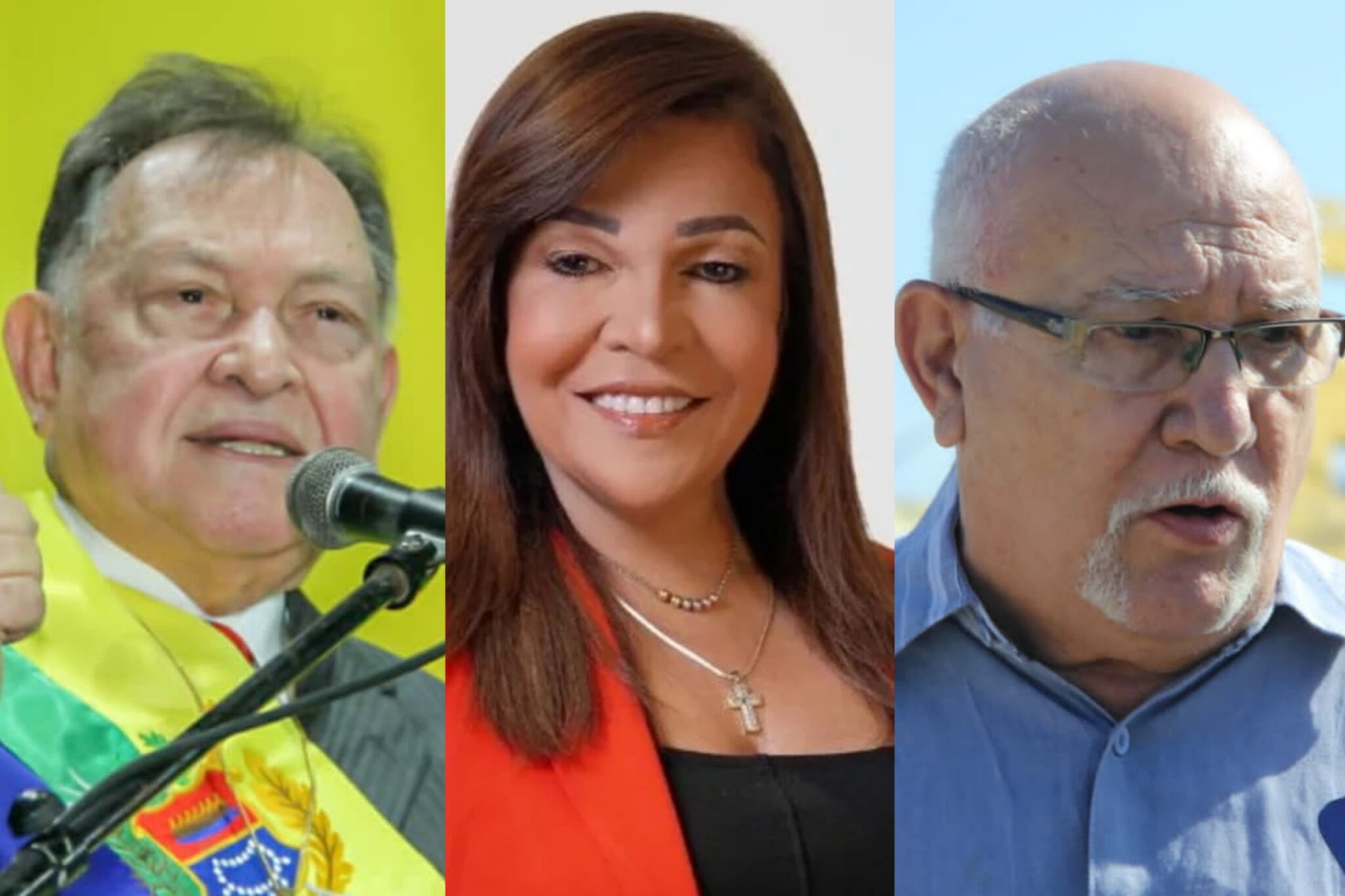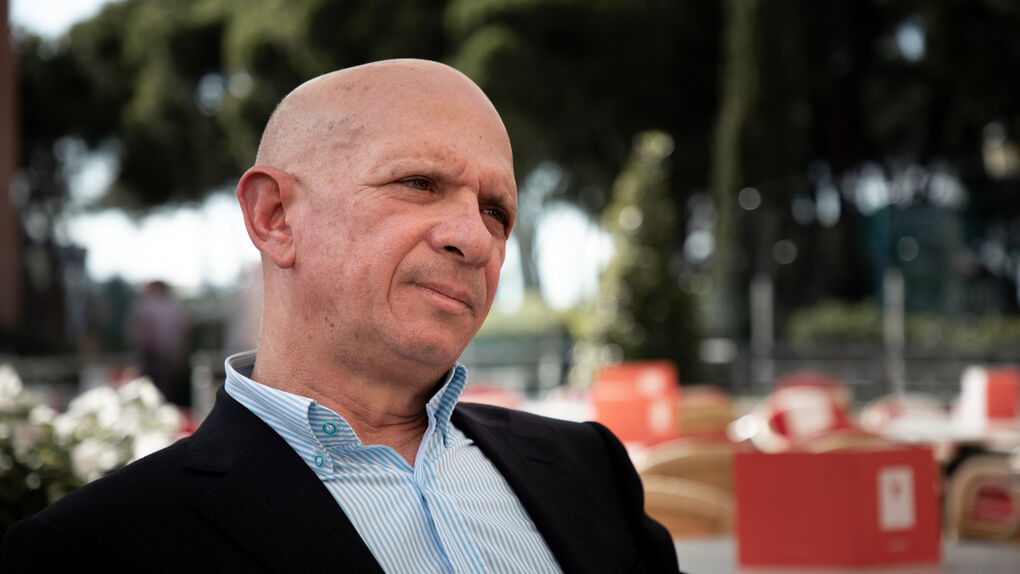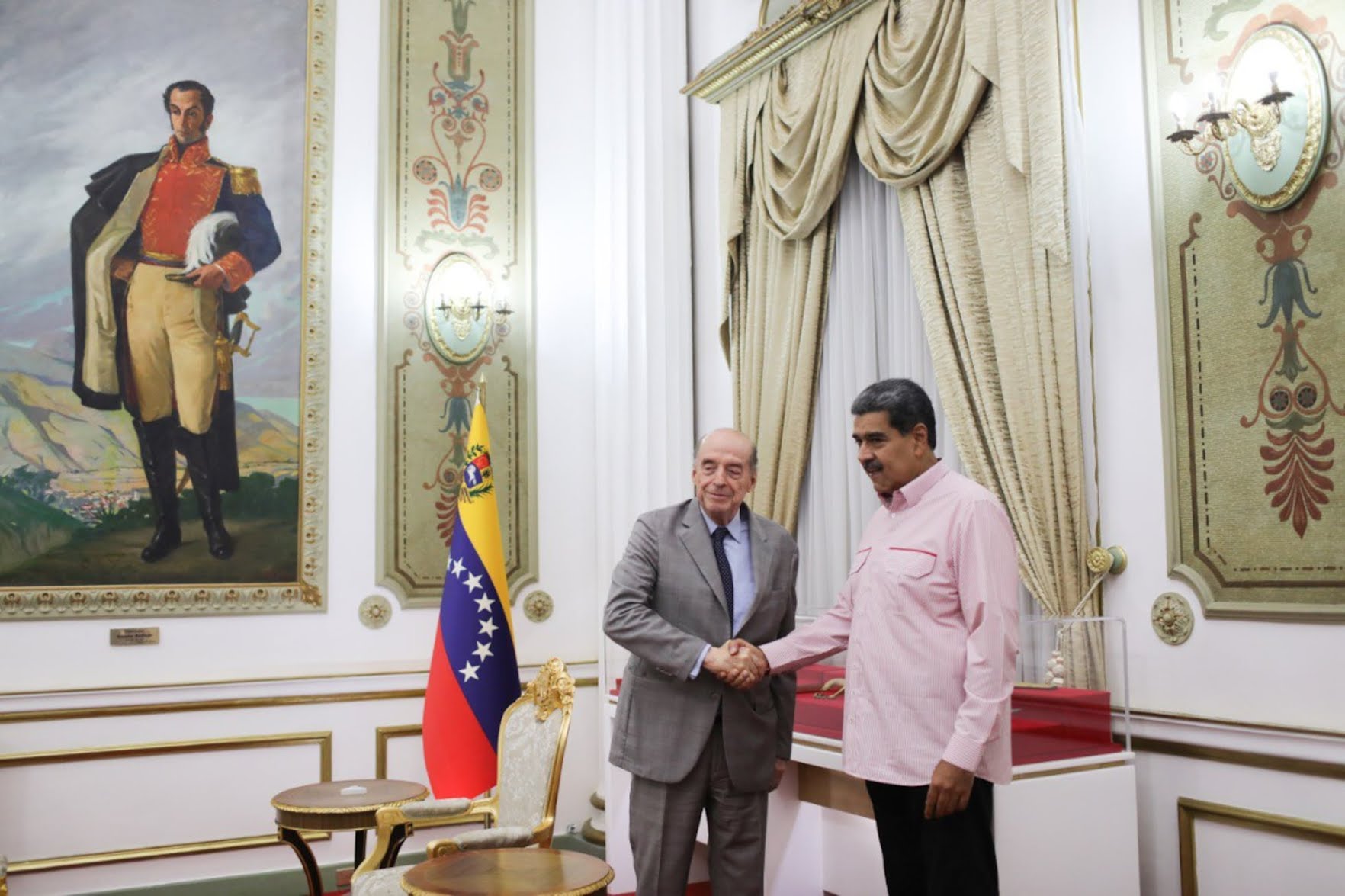Morel Rodríguez Ávila (opposition coalition) will seek reelection against Marisel Velásquez (PSUV). Héctor Mata Rodulfo, former Director of Public Works of the Governorship, presents himself as a third option. Photographs: Social Media / Gobernación de Nueva Esparta
Guacamaya, April 26, 2025. In the state of Nueva Esparta, an exceptional contest will take place on May 25, where a governor, deputies to the National Assembly, and regional legislators will be elected. The island region will primarily be divided between the unified candidates of the two main political factions in the country, contrasting with the fragmented opposition seen in other areas.
Nueva Esparta stands out in the national political landscape as the only state where opposition forces achieved nearly unanimous unity around the gubernatorial candidate. A total of 22 out of 23 political organizations not aligned with Gran Polo Patriótico have come together to support the reelection of Morel Rodríguez Ávila, the current governor of the state.
On the government side, Marisel Velásquez will represent Partido Socialista Unido de Venezuela (PSUV) and Gran Polo Patriótico Simón Bolívar (GPPSB). Velásquez, although a lower-profile figure, has an extensive political career in the region: she has been elected five times as mayor of Díaz Municipality, making her one of the most experienced and recognized figures in regional Chavismo.
A third candidate is Héctor Mata Rodulfo, nominated by Derecha Democrática Popular (DDP). Mata Rodulfo was previously the secretary-general of Movimiento Regional de Avanzada (MRA), which had nominated Morel Rodríguez Ávila. This suggests that, despite his expulsion from the party, his candidacy may be strategic in case the current governor faces a disqualification.
Nueva Esparta represents 1.62% of the national population and, despite being one of Venezuela’s smallest states in terms of land area, it is one of the most densely populated with significant tourism and commercial influence. In the 2021 regional elections, voter turnout reached 50.57%, with a tight competition between major political forces. Overcoming post-presidential abstention will be its primary challenge.
The three confirmed candidates for the governorship so far are:
Morel Rodríguez (MRA and opposition coalitions)
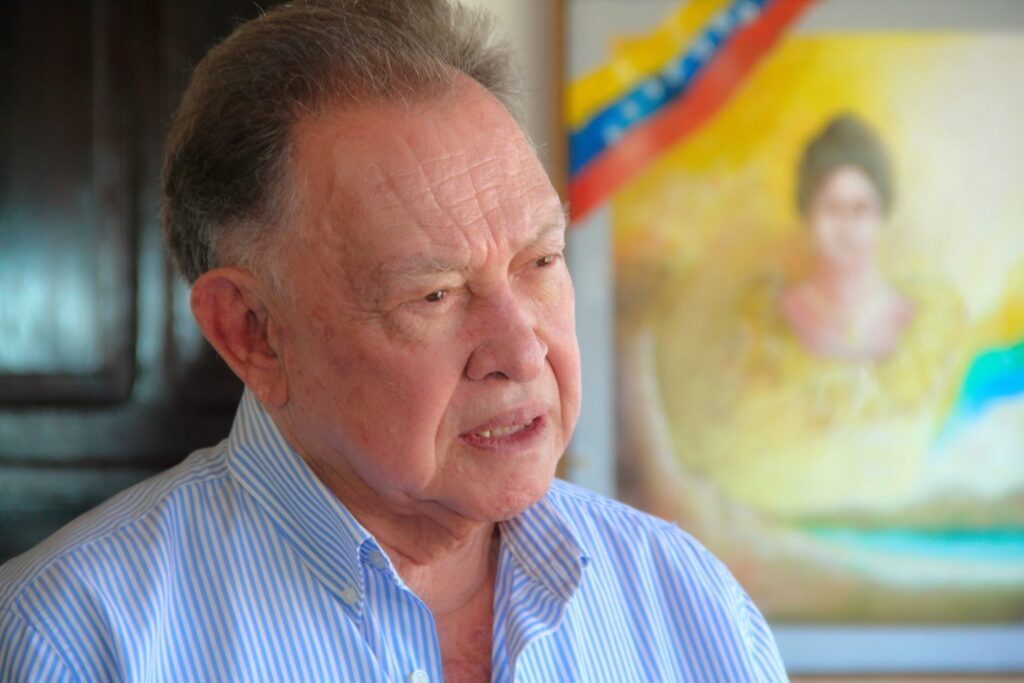
Morel Rodríguez Ávila, 84, is a trained teacher and has dedicated much of his life to public service. He is a prominent figure in Venezuelan regional politics and has served as governor for a record seven terms, accumulating 17 years in office.
His political career began in Acción Democrática, where he held youth leadership and organizational roles and served as the regional secretary-general. He was a National Congress deputy from 1984 to 1989, president of the state’s Legislative Assembly, and municipal councilman in Maneiro, strengthening his community ties and securing Acción Democrática’s dominance.
In 1986, he was appointed governor by then-President Jaime Lusinchi, and in 1989, he became the first democratically elected governor of Nueva Esparta, winning reelection in 1992 and 1994. During the Chavista era, he was elected again in 2004 and 2008. He returned to office in 2021, supported by Fuerza Vecinal but outside the Unidad Democrática coalition.
His administration has been noted for a social and integral development approach, promoting infrastructure projects, tourism, and defending island rights. His leadership is recognized for dialogue skills and political adaptability while maintaining local roots.
For his bid for an eighth term, he is backed by a broad opposition coalition dubbed “Unidad Perfecta,” including Movimiento Regional de Avanzada, UNT-Única formula, Alianza Democrática, Fuerza Vecinal, and Alianza del Lápiz, uniting 22 of the 23 non-government parties.
Marisel Velásquez (PSUV / GPPSB)
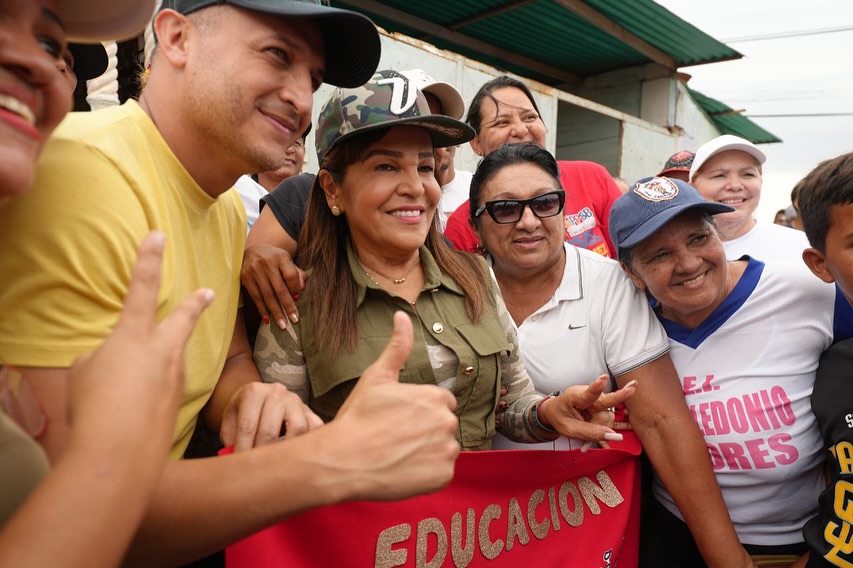
Marisel del Valle Velásquez de Millán, 62, is a lawyer from Santa María University. Born and raised in Díaz Municipality, Velásquez is among the most experienced and recognized figures in regional Chavismo. She has a distinguished political career, serving over 20 years as mayor of her hometown.
Velásquez has been elected mayor five consecutive times, first under Movimiento V República (MVR) in 2004 and later under PSUV in 2008, 2013, 2017, and 2021. She won with large margins, such as 77.7% of votes in 2017. Her administration has been defined by social policies aligned with the national government.
As a gubernatorial candidate, Velásquez was officially introduced in a large event in Porlamar’s Bolívar Square, led by Jorge Rodríguez, PSUV Vice President for Communication and Electoral Affairs and current National Assembly President. She framed her campaign around the “7 Transformations” proposed by the central government for economic recovery.
Her priorities include revamping Porlamar’s Luis Ortega Hospital, promoting tourism, supporting fishermen, and deepening social programs. Her candidacy represents the government’s effort to reclaim the insular governorship and rally Chavista forces under an experienced, well-rooted candidate.
Héctor Mata Rodulfo (Derecha Democrática Popular)
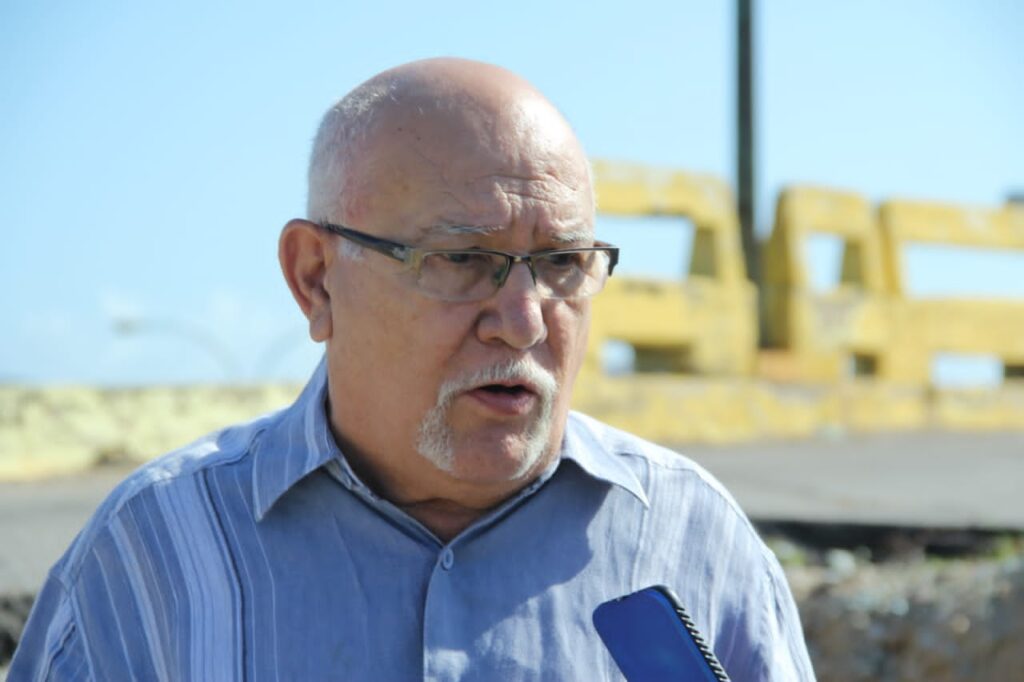
Héctor Luis Mata Rodulfo, 72, is an engineer and public official. Available records show he was elected as a regional deputy in 1998 under Acción Democrática and later presided over the Legislative Council in 2003. Until April 2025, he served as Director of Public Works and General Services in Morel Rodríguez Ávila’s administration.
His candidacy under Derecha Democrática Popular stirred controversy when submitted to the Consejo Nacional Electoral. His nomination immediately cost him his job under Article 57 of the Organic Law of Electoral Processes (LOPRE), which requires officials seeking election to resign.
Additionally, Movimiento Regional de Avanzada (MRA), where he was secretary-general and regional leader, expelled him for diverging from its opposition platform supporting Rodríguez Ávila. Since then, Mata Rodulfo presents himself as an alternative within the opposition but lacks major party backing.
In a February meeting of the regional party, while still serving as secretary-general, Mata Rodulfo had publicly endorsed Morel Rodríguez Ávila’s reelection bid. His surprise nomination, which led to his dismissal, may be a strategic move should Rodríguez Ávila face administrative disqualification.
Derecha Democrática Popular, backing Mata Rodulfo, previously supported Luis Eduardo Martínez in the 2024 presidential elections. Opposition records show DDP received more support than la tarjeta judicializada de Acción Democrática used for Martínez’s nomination.
Political climate and electoral expectations
The regional and legislative elections on May 25, 2025, in Venezuela occur in the aftermath of the 2024 presidential election, where Nicolás Maduro was declared the winner with 51.2% of the vote. The process was contested by the opposition over alleged irregularities, particularly concerning result transparency.
Traditional opposition sectors view these elections as disregarding the public will expressed on July 28. In this context, polling firm Datincorp estimates voter participation at 39.6% for the Eastern-Southern region, slightly above the expected national average of 37.6%. Given the two main candidates’ profiles, this percentage could shift.

